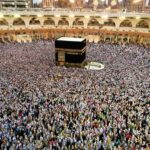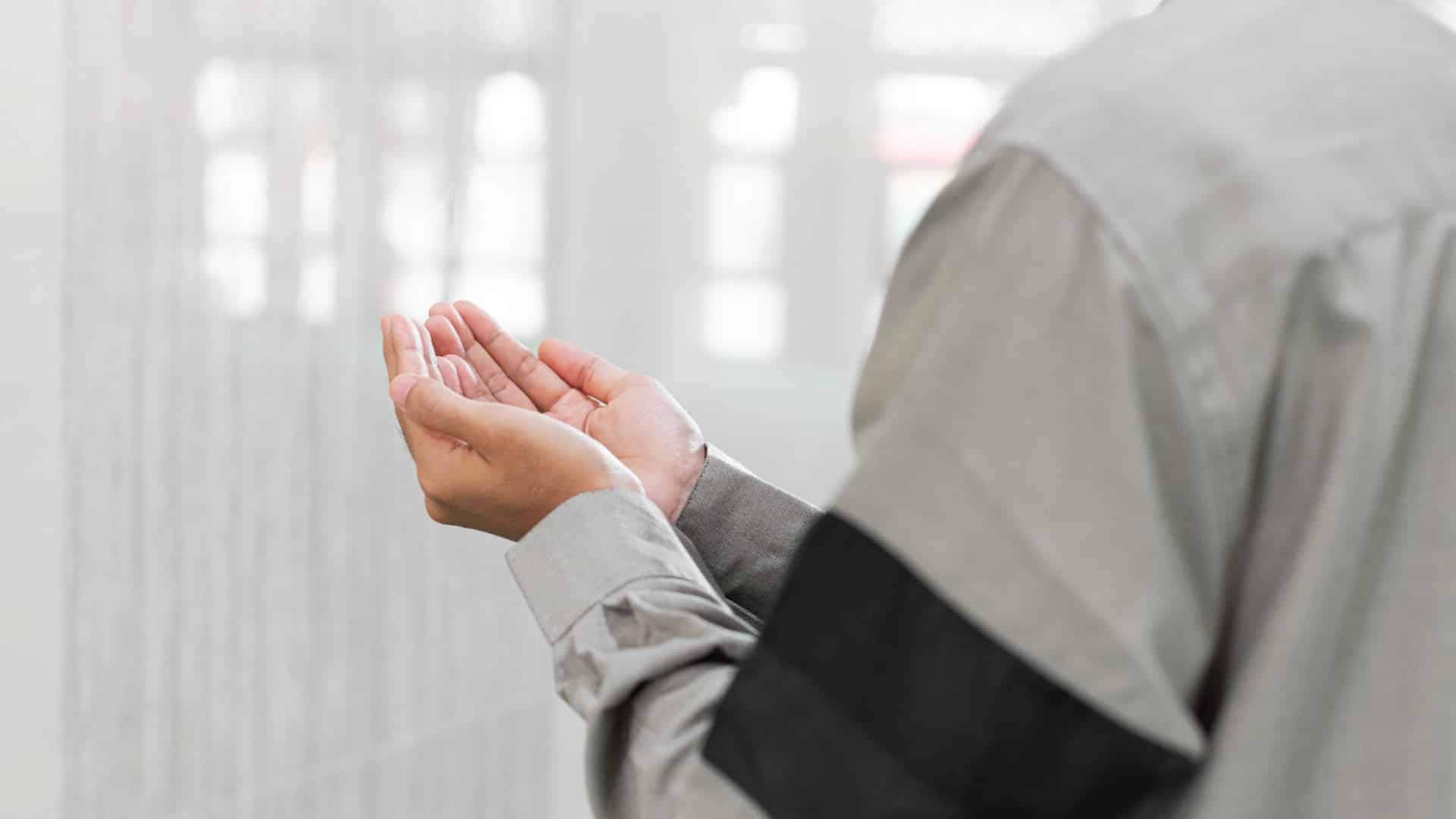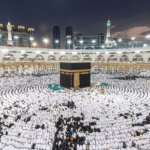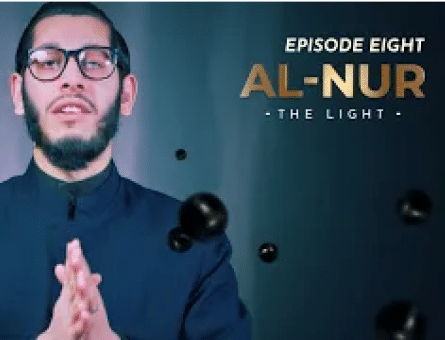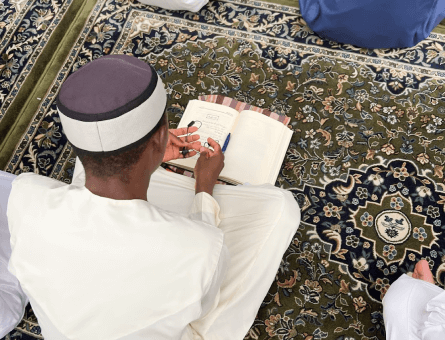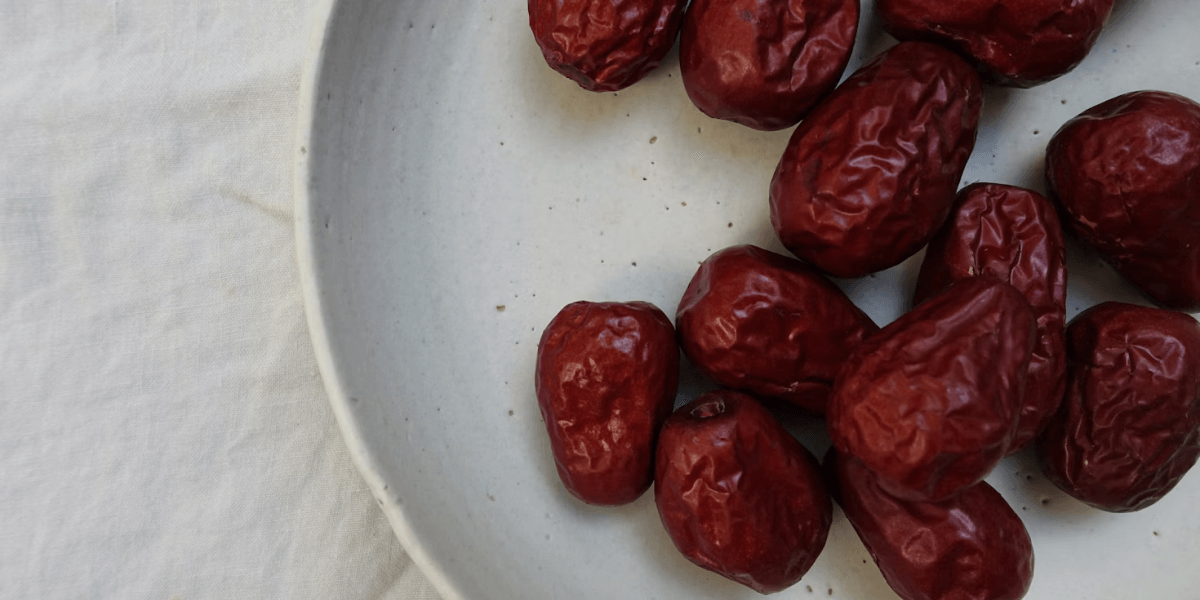11 Facts about Ramadan
Did you know that the word Ramadan originally stems from ‘Heat?’ Interesting, right? Ramadan is the ninth month in the Islamic calendar. Every year, millions of Muslims around the world observe fast from dawn till dusk (sunrise to sunset) for the sake of Allah SWT.
While fasting, an individual refrains from eating, drinking, and conducting any sinful act. In this article, we will be discussing some lesser-known yet interesting facts about Ramadan. Let’s begin.
Why Do Muslims Fast in Ramadan?
The religion of Islam is based on five fundamental pillars, Tauheed (belief in the oneness of Allah SWT), Salat (prayer), Sawm (fasting), Zakat, and Hajj. Humans are susceptible to sins. Therefore, the boundaries set by Islam and fasting teach one to refrain from all sinful acts and follow the Sunnah of Prophet Muhammad (PBUH) to live a good life.
Abu Umamah (RA) said: “I said: O Messenger (PBUH) of Allah SWT, ‘which deed is best?’ He (PBUH) said: ‘Take to fasting, for there is nothing equal to it.'” (An-Nasai: 2224)
Abu Hurairah (RA) narrated that Prophet Muhammad (PBUH) said: “Worship Allah, and worship none along with Him, offer the (five) prescribed compulsory prayers perfectly, pay the compulsory Zakat, and fast the month of Ramadan.”
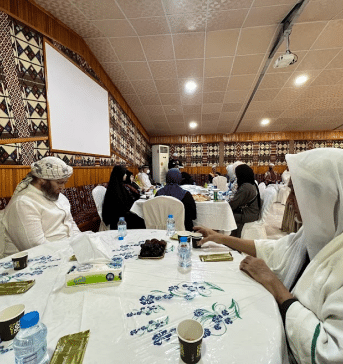
Prophet Muhammad (PBUH) said, “Allah said, ‘All the deeds of Adam’s sons (people) are for them, except fasting which is for Me, and I will give the reward for it’…There are two pleasures for the fasting person, one at the time of breaking his fast, and the other at the time when he will meet his Lord; then he will be pleased because of his fasting.'” (Sahih Bukhari: 1904)
Why Is Ramadan So Important?
Ramadan is the most precious month in the Islamic calendar. It is the month in which Allah SWT revealed the Holy Quran to Prophet Muhammad (PBUH) in the cave of Hira through Angel Jibreel (AS). Allah SWT in the Holy Quran says, “It was the month of Ramadan in which the Quran was first sent down as guidance for all people, having in it clear proofs of divine guidance and the criterion for right and wrong. So whoever among you bears witness to the month shall then fast it.” [Holy Quran, Surah Al-Baqarah, 2:185]
Abu Hurairah (RA) narrated that:
“The Messenger (PBUH) of Allah SWT said: ‘Whoever fasts Ramadan out of faith and in the hope of reward, he will be forgiven his previous sins.'”(Sunan an-Nasa’i Book-22 Hadith-116)
11 Interesting Facts about Ramadan
Did you know that the reward for charity is greatest during the month of Ramadan? Keep reading to learn 11 lesser-known facts about Ramadan:
Fact 1 – Dates Are Very Popular During Ramadan
According to Islamic history, dates were a significant part of the Prophetic diet, primarily because Prophet Muhammad (PBUH) used to eat dates to break his fasts. Known for containing a good amount of carbohydrates and fibre, after fasting for the entire day, eating dates is a great way to get the much-needed nutrients that improve digestion and provide instant energy.
Furthermore, because they contain high levels of vitamins, potassium, and magnesium, dates are among the healthiest things to eat on the planet.
Therefore, following the Sunnah of Prophet Muhammad (PBUH), Muslims across the world eat dates to break their fasts.
Fact 2 – The Meaning of Ramadan Is ‘Heat’
Ramadan is derived from the Arabic word ‘Ramad,’ which means ‘dryness.’ In English, Ramadan means ‘the hot month’ or ‘the month of scorching or burning heat.’ However, because the beginning of the month of Ramadan depends upon the lunar calendar, it isn’t always hot. In the context of the Gregorian calendar, the date of Ramadan moves back ten days every year.
Fact 3 – Muslims Celebrate Laylat Al-Qadr in Ramadan
According to Islamic scriptures, it was a night that fell during the last ten days of Ramadan when Allah SWT revealed the Holy Quran to Prophet Muhammad (PBUH). It is known as “Laylat al-Qadr” or the “Night of Power” and is considered the holiest night in Islam.
“We have indeed revealed this in the ‘Night of Power. And what will explain to you what the night of power is? The Night of Power is better than a thousand months. Therein come down The Angels and the Spirit by Allah’s permission, on every errand. “Peace! This until the rise of Morn!” [Holy Quran, Surah Al-Qadr]
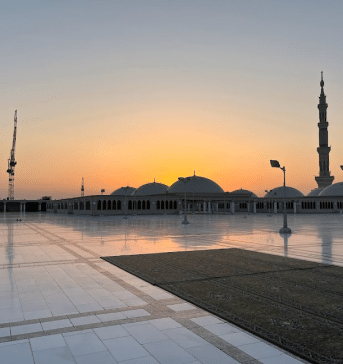
Fact 4 – Kaffarah and Fidya
“Fasting is for a fixed number of days, and if one of you be sick, or if one of you be on a journey, you will fast the same number of other days later on. For those who are capable of fasting (but still do not fast), there is a redemption: feeding a needy man for each day missed. Whoever voluntarily does more good than is required will find it better for him; and that you should fast is better for you if you only know.” [Holy Quran 2:184]
In case a Muslim is exempted from fasting due to illness, old age, or travelling, they can make up for the missed fasts anytime outside of Ramadan. However, if one cannot, then they must pay Fidya, which is a charitable donation used to feed a poor or hungry person for every missed fast. The amount of Fidya for one missed fast is equivalent to £5.
On the other hand, Kaffarah is to be paid whenever a Muslim breaks their fast intentionally. There are two ways to atone for broken fasts:
- Fast consecutively for 60 days.
- Feed 60 poor people at a rate of £5 per person, which is £300 for each broken or fast missed intentionally.
Fact 5 – The Practice of Fasting Started in the Year 624 CE
According to the history of Islam, the first-ever fast during the month of Ramadan was observed by Muslims two years after the beginning of the Islamic calendar. Prophet Muhammad (PBUH) and his companions would fast during Ramadan to thank Allah SWT for His blessings and mercy. The practice became a Sunnah and is now observed by Muslims all over.
Allah SWT in the Holy Quran says,
“Oh, you who believe! Prescribed for you is the Fast, as it was prescribed for those before you, so that you may deserve God’s protection (against the temptations of your carnal soul) and attain piety.”
Fact 6 – Ramadan Is the Month of Generosity and Giving
Prophet Muhammad (PBUH) stated that, “Allah SWT said, All the works of the Son of Adam are for himself but fasting. It is for Me alone, and I shall grant a reward for it.” (Bukhari)
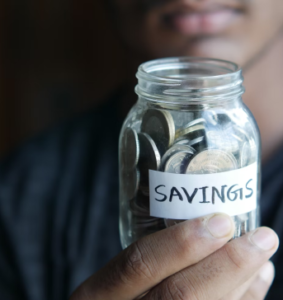
Ramadan is known as the month of simplicity and humility, and so the reward for giving Sadaqah and Zakat in the sacred month is immense. It not only purifies one’s wealth but softens their heart and makes them a better human being. Therefore, during Ramadan, Muslims donate as much as possible and even volunteer to raise funds and help those in need.
Fact 7 – Eid ul-Fitr Is a Gift for Ramadan
The end of the sacred month of Ramadan is marked by the auspicious occasion of Eid ul-Fitr, a three-day festival that is a gift from Allah SWT for those observing fasts. Eid is a time for enjoying and celebrating the blessings of Allah SWT.
It’s a time to show gratitude and unity, and observe prayers and be happy. Muslims celebrate Eid by wearing new clothes, exchanging gifts, giving charity, and eating lots of scrumptious meals.
Fact 8 – Sales of Vimto Increase in Ramadan
Even though it isn’t a tradition, when breaking their fasts, many British Muslims enjoy having a glass of Vimto. Thirty-five million bottles of Vimto are sold in the UK and Middle East every year, and the numbers only keep increasing.
Scientific Facts about Ramadan
The sacred month of Ramadan isn’t only a special time for self-improvement, spirituality, kindness, and reflection, but is a great time to improve your overall health and well-being. Here are some scientific facts about Ramadan:
Fact 9 – Boost Your Brain
According to a study, fasting during the month of Ramadan helps achieve mental focus as it increases the level of brain-derived neurotrophic factors that cause the body to produce more brain cells, ultimately improving overall brain functionality.
In addition to this, research has shown a prominent reduction in the level of the hormone cortisol, reducing stress levels both during and after Ramadan.

Fact 10 – Detoxification of Your Body
Abstaining from drinking and eating throughout the month of Ramadan doesn’t only make a person more patient but also acts as an amazing all-natural purifier for their bodies. During the fasting period, in order to get energy, your body starts breaking down fat reserves.
This results in the burning of harmful toxins that might be present in the fat deposits. Simply put, Ramadan reboots one’s digestive system.
Fact 11 – Helps Lose Weight and Lowers Cholesterol Levels
One of the most well-known facts about Ramadan is that it helps lose weight. However, little do people know that there are a bunch of healthy changes going on inside your body. A team of cardiologists in the UAE found that people who fast during Ramadan have a positive effect on their lipid profile.
In simpler words, fasting helps significantly reduce the levels of bad cholesterol in your blood, resulting in minimising the risk of suffering from heart disease or stroke.
Can You Smoke During Ramadan?
Can muslims smoke during ramadan?
The one-word answer to this question is “No.” This is because smoke contains intoxicated particles that reach your stomach, which can invalidate your fast.
Summary – Facts about Ramadan
Once a person realises the greatness and reward of fasting, they will put in a lot of effort to ensure that they fast in the most righteous way possible. Since fasting is a form of worship, one must remember that it can only be observed for the sake of Allah SWT without an ulterior motive.
Fasting in Ramadan not only cleanses one’s body but their mind and soul as well. Therefore, if you are physically healthy, make sure to fast religiously throughout Ramadan.
Explore The New Pilgrim App
The Ultimate App
for Hajj and Umrah!




